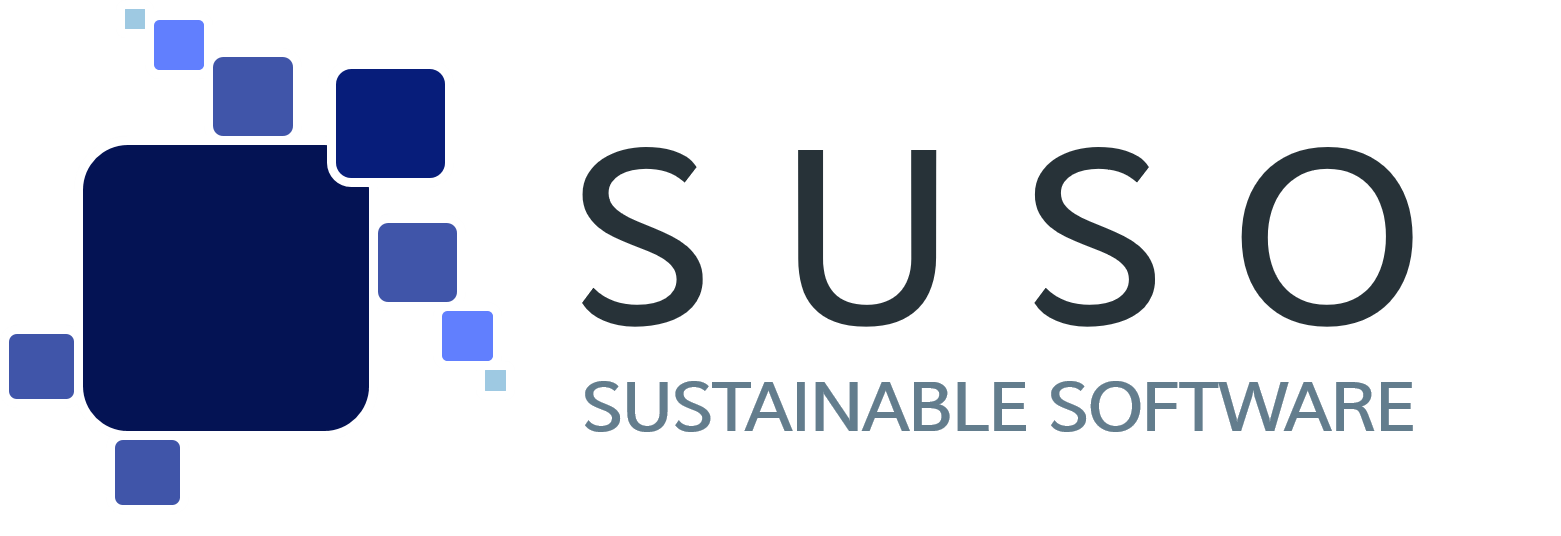How Artificial Intelligence (AI) will change the profession of software developers
The progressive development of artificial intelligence (AI) has led to a significant change in many occupational fields in recent years. The profession of software developer is also affected by this. Until now, programming and developing software belonged exclusively in the hands of humans and keyboards. But more and more AI systems can now take over programming tasks. The question arises as to whether the role of the software developer will still be relevant at all in the future.
To answer this question, it is first important to look at the current role of the software developer and the state of AI technology. Software developers are responsible for creating and maintaining software applications that are used in a wide variety of fields across all industries. They usually work in teams and are composed of developers, designers and testers.
On the other hand, AI technology has developed rapidly in recent years. AI systems can now perform complex tasks and make decisions that were previously the exclusive domain of the human mind. For example, they can independently write texts, recognize and analyze images, or even make medical diagnoses. Against this background, the question arises as to how the role of the software developer will change in the future as a result of AI technology. In this article, we will look at the advantages and disadvantages of automating programming work through AI systems, as well as the areas that will continue to require human expertise in the future.
Automated code generation through AI
One of the main tasks of software developers is programming code. However, AI systems can now also take over this task by automatically generating code. In doing so, they use machine learning models to automatically create new algorithms from existing data.
Automated code generation has several advantages. For one thing, it can save time and money by speeding up the development process and thus getting results faster. For another, it can enable developers without deep programming knowledge to develop software applications.
However, there are also drawbacks to automated code generation. For example, while AI systems are capable of generating code, they cannot provide creative approaches to solutions or human understanding of complex issues. There is also a risk that automatically generated code will not fully meet requirements or will perform poorly.
Nevertheless, there are already successful applications of automated code generation. For example, Google recently released an AI-based code generation platform called “CodeSearchNet”. It helps developers find code samples and snippets faster and more efficiently. Other companies, such as Microsoft and IBM, are also embracing automated code generation. Of course, don’t forget either: ChatGPT can also be used to automatically generate code.
Use our tools for sustainable software
Our three tools help you acquire the knowledge, skills, and financial resources you need to develop sustainable software products and services that meet social, environmental, and economic needs. By using these tools, you can position yourself as a leader in sustainable software development and help create a better future for all.
Error detection and troubleshooting through AI
In addition to automated code generation, AI systems can also support error detection and troubleshooting in software applications. In doing so, they use machine learning algorithms to identify possible sources of errors and generate suggested solutions.
The advantages of AI-supported error detection and correction are obvious. Potential errors can be identified more quickly and accurately. This helps to avoid errors and save time and costs. Also, by using AI systems, developers can react to and fix errors faster. Which leads to a higher overall quality of software applications.
However, there are also drawbacks to using AI systems to detect and fix errors. For example, they may provide incorrect error messages or fail to generate suggested solutions for very complex errors. In addition, AI systems require large amounts of data to provide accurate results. For smaller development teams or startups, this may be a barrier.
However, there are successful applications of AI-assisted error detection and resolution. One example is the company LogRocket, which provides an AI-powered error detection and debugging platform for web developers. Another example is the company Bugsnag, which has also developed an AI-assisted error detection and debugging platform for mobile apps and web applications.
Creative process and decision making through AI
While AI systems can assist with automated code generation and error detection and correction, there are many aspects of software development that we cannot yet automate. These include, for example, the creative process when developing new applications or features. As well as decision making when selecting technologies or architectures.
The creative process in software development includes the design of user interfaces, the development of functions and features, and the design of user experience concepts. In this process, it is important that developers have a broad knowledge and experience. In order to consider the needs of the user in the best possible way. AI systems can only serve as support here, for example by performing data analyses and making suggestions for possible solutions.
AI systems can also only serve as support in decision-making. Developers must still contribute their own experience and expertise when selecting technologies, frameworks and architectures. Factors such as scalability, maintainability and performance of the software application also play an important role here.
One example of the successful application of human creativity and decision-making in software development is the company Airbnb. During the development of their platform, the developers worked closely with users (keyword: participative software development) to create an optimal user experience. In the process, they also developed innovative features such as the automatic translation of ratings and the personalization of search results.
The impact of AI on the training of software developers
The use of AI systems in software development has brought many benefits, such as increased efficiency and accuracy in code generation and the ability to improve the user experience. However, with the increasing use of AI systems in software development, the question arises of how we need to adapt the education of software developers to meet the demands of AI technology.
One possibility is that the education of software developers should focus more on mathematical and statistical skills. This will provide a better understanding of how AI systems work. In addition, software developers also need to learn how to integrate AI systems into software development and how to program them.
Another important factor in adapting software developer education to AI technology is collaboration with other disciplines. AI systems require knowledge from various disciplines such as mathematics, statistics, computer science, electrical engineering, and machine learning. Therefore, educational programs for software developers should establish closer links with other fields in the future. This can ensure that software developers have the knowledge and skills to effectively use AI systems.
Finally, it will also be important for software developer training programs to place a greater emphasis on soft skills development. The ability to collaborate and communicate with other members of a development team is critical in software development. The ability to develop creative problem-solving approaches and adapt to rapidly changing requirements will also be essential in software development that is increasingly supported by AI systems.
AI and the software developer of the future – an outlook
The rapid development of AI technology will undoubtedly continue to influence the work of software developers in the future. As already discussed, there are some task areas that can be automated by AI systems, such as code generation and error detection. This will make the work of software developers easier and more efficient.
However, there are also areas that cannot be automated so easily.For example, decision making and the creative process. Software developers will still have to make important decisions in the future, such as in the selection of algorithms or architectures. The creative process in developing new software solutions also requires human intuition and creativity. Furthermore, software developers must think in an interdisciplinary manner. They have to grasp the task field of the software company as a whole and not be bogged down in coding alone.
We can expect AI technology in the future to be able to make complex decisions and even be creative. However, even if AI systems will be able to support the creative process, human intuition and creativity in software development will not be so easily replaceable.
Conclusion
In summary, it can be said that AI technology undoubtedly influences the work of software developers and can lead to an increase in efficiency in some areas, such as automated code generation and error detection. However, AI systems are unlikely to completely replace the software developer’s creative process and decision-making. Rather, the role of the software developer will evolve in the future, so we will need to adapt it in training to meet the needs of AI technology. This requires continuous training and exposure to new technologies and developments. Software developers should not shy away from interdisciplinarity in particular.
AI technology offers great potential for the future of software development. Software developers should not fear that their work will be replaced by AI technology. Rather, they should be prepared to optimize and improve their work through the support of AI systems.





